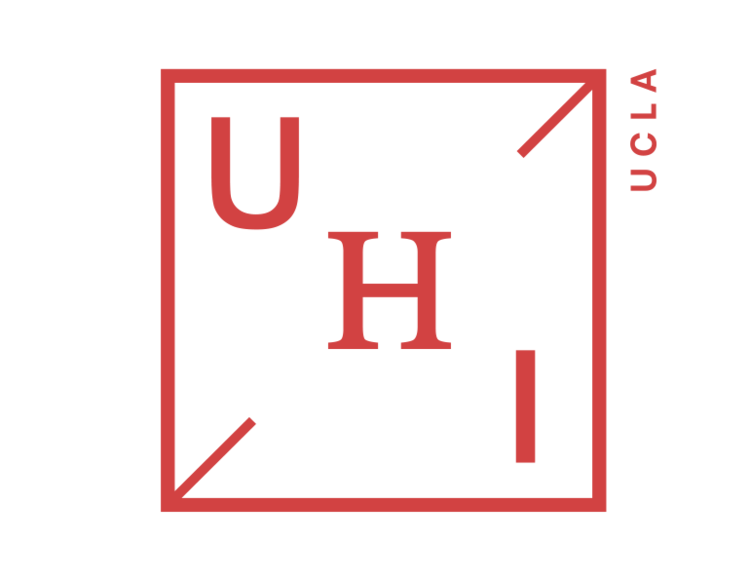Preparation:
Manos:
I can only speak for myself, but I felt prepared going to Tijuana. At least, as prepared as a non-mexican citizen who had never been south of the border can feel. Throughout my time in this UHI class thus far it has felt like the students as well as the teaching team have made a good faith effort to ensure our presence in the communities we are engaging with is both respectful and sensitive to our position as outsiders looking in. However, at many steps along the way our cohort has been confronted with the difficulties that come along with even the most well intentioned interactions. Beginning with our week long intensive session in MacArthur park, myself and my partners began feeling a bit voyeuristic in our observation of some of the difficulties associated with life in and around the park as well as some of the beauty native to it.
This inherent conflict and discomfort has been explored and discussed at length in the class. We have read theory about ethnographic research, discussed histories of race, society, and the built environment that underpin what we experience today, and we have thoroughly unpacked our work to ensure that we get better and constantly do better by our partners in the field. I lay out this struggle to make it clear for anyone who reads this that to a large degree we are trying. For this reason I was so affected as we came back from Tijuana wrestling with the feeling that we still may not be doing enough.
Akana:
Going into this trip, we were prepped that we would be simply observers. In 2 days, it would be foolish to think that we can do anything. As I understand, our observations and research from Tijuana are meant to inform our thinking about borders and commons as we continue to Mexico City and commence our UHI studio sessions. I’d like to draw a distinction here between “observer” and “spectator”. There were concerns among our cohort that we may have been engaging in a form of poverty tourism while in Tijuana. While I share this unease, I think the fact that we were invited into the spaces we visited, and that the extent of our interaction with the communities we engaged with doesn’t stop at observation, makes our effort fundamentally different from poverty tourism and the exploitation that comes along with it.
That being said, I did not feel fully prepared despite having done the due diligence. I also think it is naive to think that one can ever be fully prepared. What does that even mean? That we anticipate everything that is going to happen and know how those things will make us feel? I think research trips are a process of discovery, and despite all efforts to be prepared (which is crucial), there’s always an element of the unexpected for which our preparation may fall short.
I think the feeling of “we are not doing enough” is actually a productive one. UHI is an ongoing effort that does not end with our cohort. Our experiences and findings inform the next cohort. It is an organism that will continue to grow.

